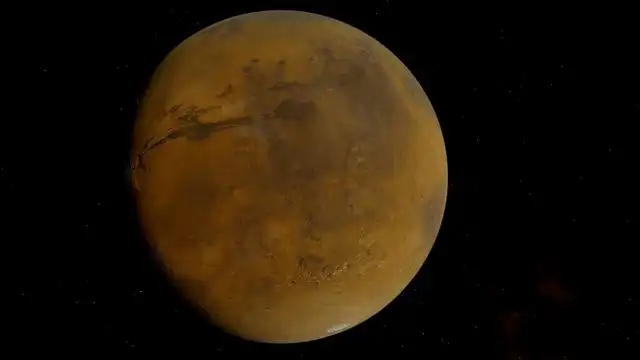
Mars Clay Deposits: Ancient Lakes and Climate Clues
Study reveals Martian clay deposits near ancient lakes, formed 3.7 billion years ago. Lack of tectonic activity impacts CO2 levels and past warmer, wetter climate on Mars. Clay traps chemicals.

Study reveals Martian clay deposits near ancient lakes, formed 3.7 billion years ago. Lack of tectonic activity impacts CO2 levels and past warmer, wetter climate on Mars. Clay traps chemicals.

Data breaches are accelerating despite security efforts. Stronger encryption, multifactor authentication, training, and clear laws are crucial. Individuals and organizations must prioritize privacy to protect personal information.
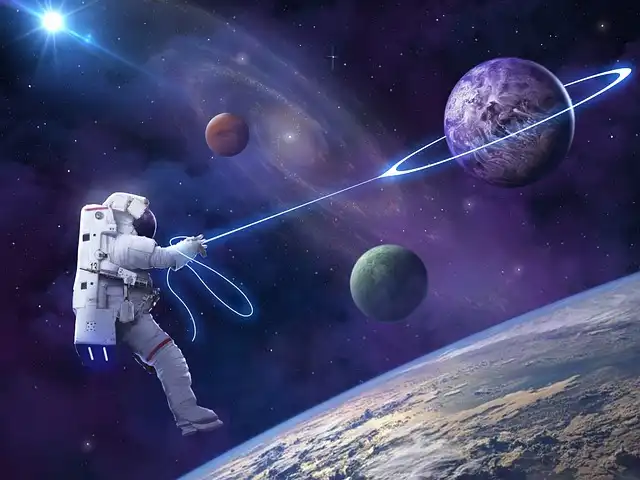
Comet 3I/ATLAS, an interstellar object (ISO), is rushing through our solar system. Discovered in July, it's bigger & faster than previous ISOs, offering a unique research opportunity before its exit. Trajectory towards the sun.
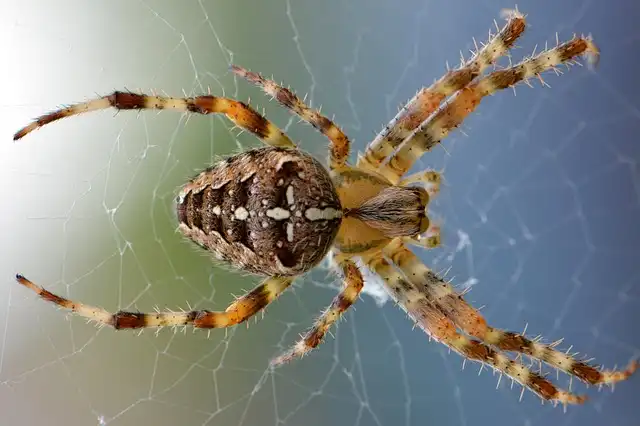
Spiders: remarkable, adaptable arthropods with 50,000 species worldwide, thriving in diverse environments. More than scary crawlers, they're nature's designers, hunters & survivalists.
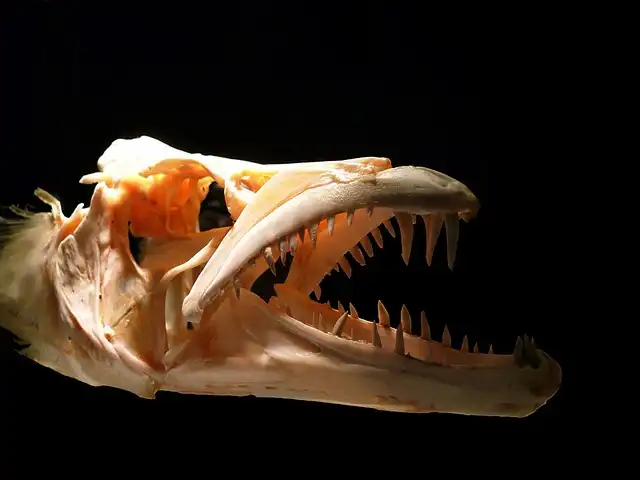
Fossilized teeth from Kenya's Rift Valley reveal ancient protein fragments, linking to elephant & rhino ancestors. Tooth enamel aided protein preservation, enabling insights into evolution.
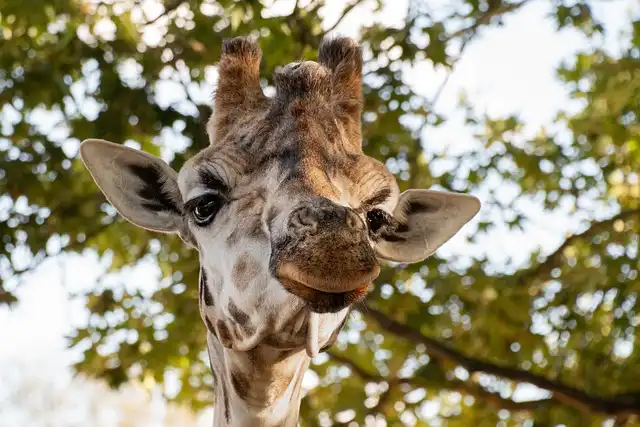
Giraffe spots serve multiple purposes: camouflage, thermoregulation by controlling heat, and even social bonding. Spot patterns may also affect survival and health. Research shows links to calf survival and social preferences.

Explore syn-SCOBYs: programmable living implants delivering hormones, nutrients, & enzymes. From medicine to recreation, discover future applications for personalized health & performance enhancement. ELMs offer targeted solutions.
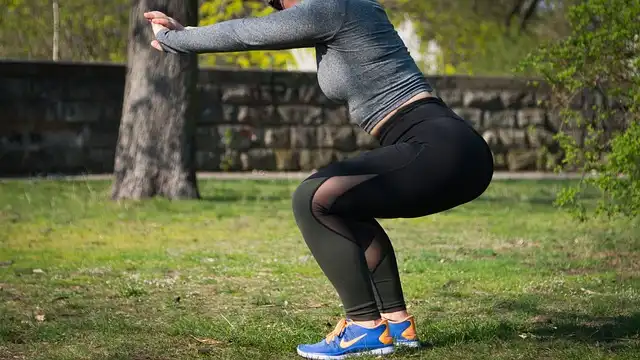
Study shows BMI is unreliable for predicting mortality risk. Body fat percentage is a better indicator. This impacts obesity treatment access, challenging current BMI-based guidelines. BIA is more accurate.
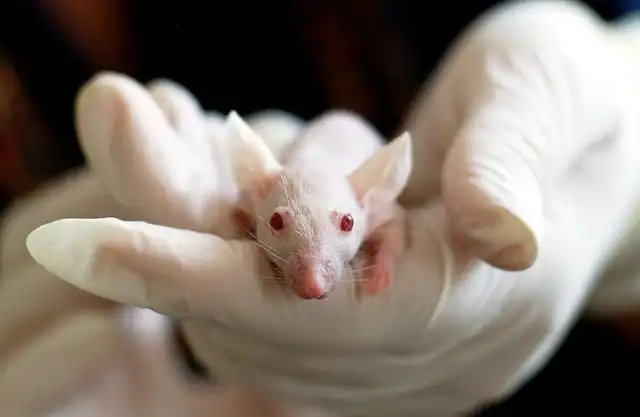
LLMs like ChatGPT oversimplify scientific research, inflating claims and risking misinterpretation. Study reveals LLMs generalize 5x more than humans, impacting medicine and public trust. Oversight is crucial.
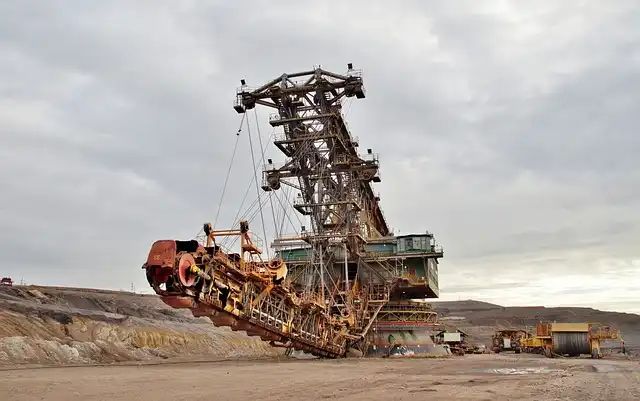
Neanderthals extracted fat from animal bones as a crucial survival strategy, potentially avoiding protein poisoning and maximizing calorie intake. This "fat factory" discovery shows advanced resource management earlier than previously thought.

Mathematicians create a monostable tetrahedron ("Bille") after Conway's challenge. This self-righting shape, using carbon-fiber and tungsten, could improve lunar lander design and solve balancing challenges.
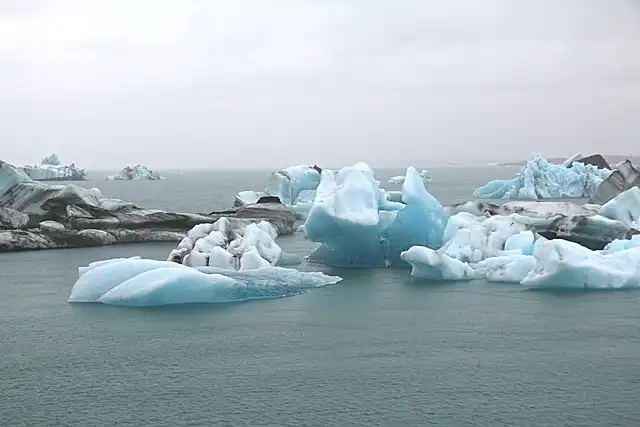
The Atlantic Meridional Overturning Circulation (AMOC) is weakening, creating a cold area south of Greenland. Scientists study its impact on climate and European weather patterns. AMOC's patterns of last century were tracked with temperature and salinity data.
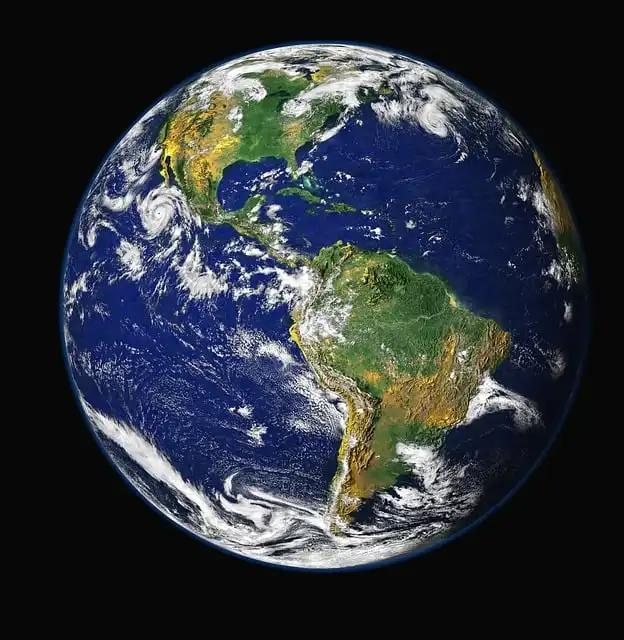
Deep space poses health risks to humans. Future starships need innovative designs like Meissner bodies to simulate gravity and mitigate cellular damage. Understanding these challenges is crucial for long-term space ventures.

A 100-million-year-old amber fossil reveals a fungus-infected ant pupa, suggesting zombie fungi have been contaminating ants for twice as long as previously thought. Fungus infected insects.
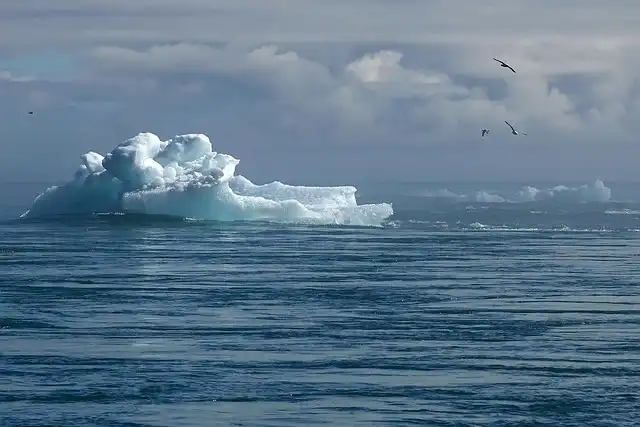
Study finds winter jet stream waviness isn't increasing despite climate change's role in intensifying storms and causing extreme weather. Long-term data reveals natural variability.

A sports fisherman suffered a rare injury when a marlin's bill pierced his throat & spinal canal. CT scan revealed the object. Surgery successfully removed the bill. Case highlights unique cranial trauma.
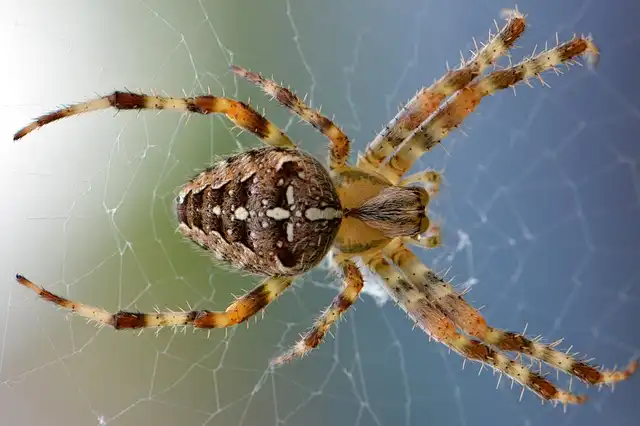
Sea spiders near methane seeps farm unique microbes on their exoskeletons. These bacteria metabolize methane, providing energy to the spiders, showcasing a novel symbiotic relationship in extreme environments.